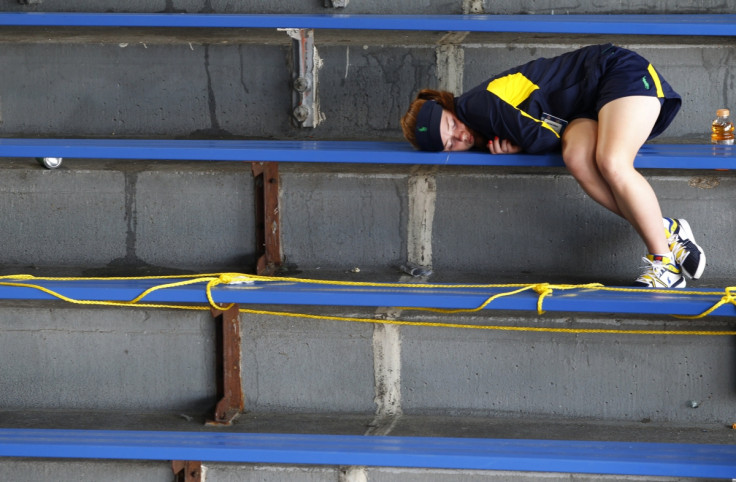UK Teens Can't Sleep Because of Smartphones: YouGov Poll

Texting in bed and continually checking social media accounts on smartphones or tablets just before sleep is depriving youngsters of slumber and giving them bad dreams.
In a YouGov Poll, 78% of the 2,149 adults quizzed said they used their electronic devices before going to bed.
Professor Richard Wiseman, who commissioned the poll, told the Independent that the findings were "extremely worrying".
More than nine out of ten young people expose themselves to the blue light emitted from these devices, which is believed to cause problems with sleep, according to the new survey.
"The blue light from these devices suppresses the production of the sleep-inducing hormone melatonin, so it's important to avoid them before bed time," The University of Hertfordshire professor told BBC Newsbeat.
Worryingly, when asked about their dreams – just one in ten agreed with the statement: "I would describe my dreams as pleasant."
The research also discovered that over 28 million people in the UK regularly get no more than seven hours sleep a night, according to BBC Newsbeat report.
Adults are thought to need a minimum of seven to eight hours of sleep a night, while teenagers are recommended to have about nine hours each night.
The proportion of people thought to be getting too little sleep had risen by a fifth since a "bedroom poll" was conducted last year by the National Sleep Foundation.
"Getting less than seven hours sleep a night is below the recommended guidelines, and is associated with a range of problems, including an increased risk of weight gain, heart attacks, diabetes and cancer," Professor Wiseman said.
In the US, revenue from clinics that treat sleep disorders has grown 12% each year from 2008 to 2011, reaching $6 billion, according to IBISWorld.
"We have biologically shifted ourselves so we can't fall asleep earlier," said Charles A Czeisler, a professor of sleep medicine at Harvard Medical School.
He estimates that since the advent of electric light, people's internal sleep triggers have been pushed back six hours.
© Copyright IBTimes 2025. All rights reserved.




















